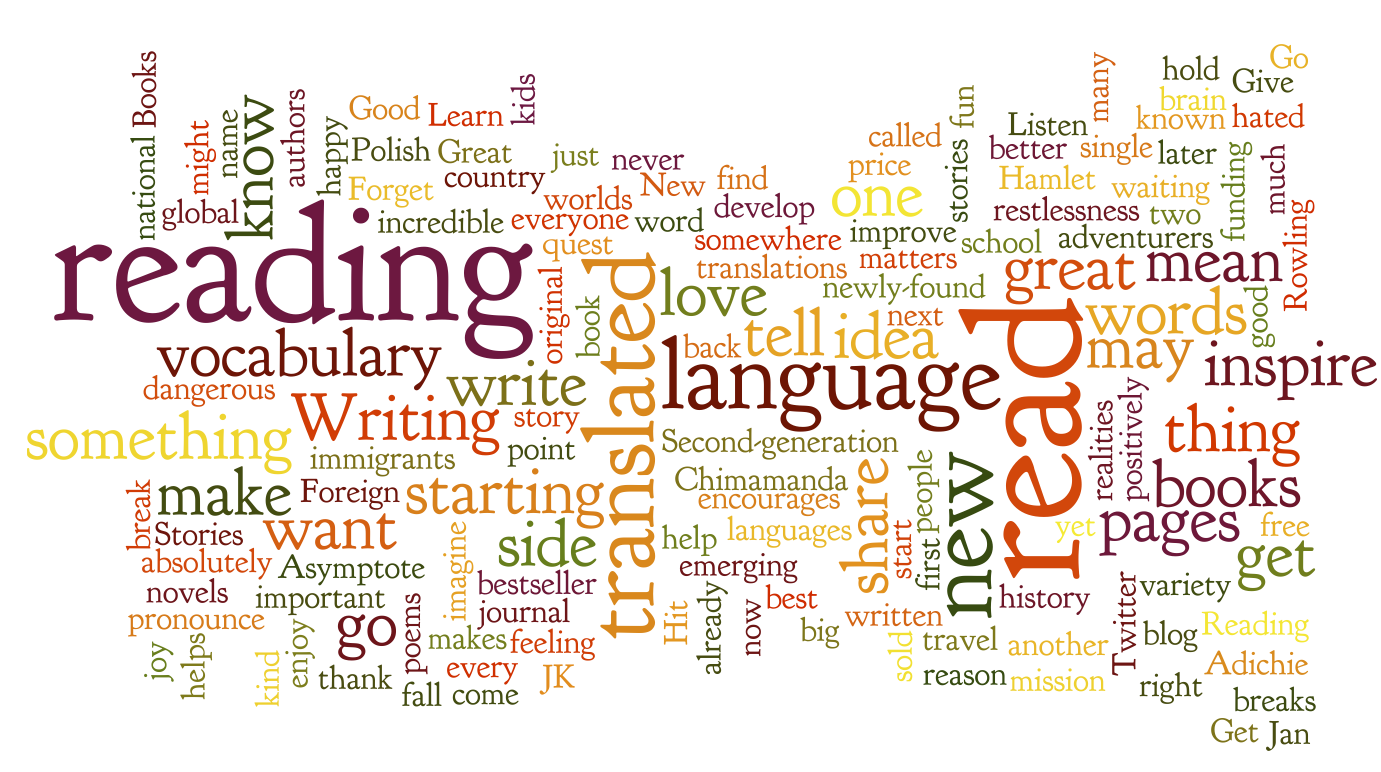
Overview: bell hooks writes about her true passions in this bold, honest book: learning and liberating. Written well before the 21st-century EdTech boom, this book advises every teacher, learner, coach and reader to return to the basics. Through engaged and fair dialogue, critical questioning, and recognising own voices, privileges, experiences and limitations, bell hooks paints a picture of a classroom where education can transgress, evolve and transform those who learn and those who teach.
What’s the Big idea?
The main models of learning things (it doesn’t need to be a formal schooling: a meeting, an online course or a work training all count) described by hooks are pitted against each other. The first one – she calls it the “banking” model of education – involves making sure information sits in learners’ minds, for easy retrieval whenever needed. Against this, she promotes another model of education – based on engaged pedagogy, it helps learners question, become vocal, and recognise their place in the learning conversation.
What is the Reality described?
Hooks writes of a late-1990s world, and of her upbringing in an America which was just beginning to overcome a long history of segregation. As such, her story does not fully encompass the digitally enabled/distorted learning in the 21st century. But this does not blunt the force of the analysis: hooks is at her most powerful when she illustrates – using women’s and racial minorities’ positions – the bias, imbalance and power struggle present in most classrooms, boardrooms and therapy rooms even today.
What Actions are considered?
The most memorable chapter of the book is hooks’ dialogue with a fellow educator – which works, because that is usually the way her class would be structured. Curiosity, self-criticism and openness to other perspectives were crucial for her approach to education, and for the whole engaged pedagogy in general. These three approaches – and conscious applications of them in every learning opportunity – would be the three starting points for action.
What are the Variations to reading this?
Paulo Freire is cited as a big influence in several places of the book, and his work is definitely worth considering. For a transition into a “wired” vision of education – and a critique of its shortcomings – Neil Postman’s books would be a good introduction. For a recent cricital work on pedagogy and education, Seth Godin’s “Stop Stealing Dreams” (FREE) is a good, if bitter voice.
What Effect is the book likely to have?
It’s theory-heavy, so “Teaching to Transgress” is likely to overwhelm you if you’re not used to a lot of theorising with your learning. But if you read carefully, both the book and the works around it (see above), you’re likely to emerge refreshed. Recognising your own power in every learning opportunity – alongside your privilege, your weaknesses and your “blind spots” – these are the outcomes bell hooks would probably aim for.
 This is a post about books in translation, and about a question that doesn’t really need an answer: why is it important to read lots of translated books? I’m giving you eight answers – useful for foreign language learners and for literature geeks alike.
This is a post about books in translation, and about a question that doesn’t really need an answer: why is it important to read lots of translated books? I’m giving you eight answers – useful for foreign language learners and for literature geeks alike. 








